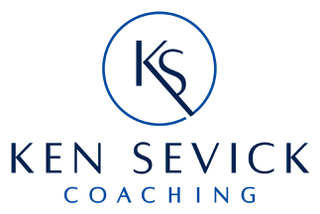We have all been there or at least have seen it. We cannot get along with our boss or our coworkers. It isn’t enjoyable. At best, going to work is a chore, draining every part of your soul. At worst, you end up quitting, which is a bad situation for both the employee and the employer. Workplace conflict can demoralize and harm the entire team by killing morale.
Workplace personality conflict is more common than we realize
In a recent study, Myers Briggs (2022) reported that workplace conflicts increased from 29% in 2008 to over 35% in 2022. One would think that, over time, this would get better. At this rate, many workers see personality conflicts taking place or, worse yet, being at the very center of the disputes.
Why is this so important?
When managers and workers are involved in conflicts, they are not doing something more productive to move their team or the company forward. They are wasting precious time and energy that could be spent elsewhere. Also, many times the conflict does not end at work. The worker and the manager bring the issues home, and they get a new audience.
The good news is that some tools can help minimize workplace and individual personality conflicts. These tools are personality frameworks. Frameworks help put complex ideas in an understandable and digestible format.
How personality frameworks help
Personality frameworks are valuable tools for understanding and assessing an individual’s personality characteristics and behaviors. These frameworks help you gain insight into your own personality and the personalities of those around you. Whether you’re looking to build better relationships, enhance your career prospects, or gain a deeper understanding of yourself, using a personality framework can be helpful.
DISC and how it can make a difference
A personality framework is simply a model of the various dimensions of an individual’s personality. DISC is a widely used framework for understanding people’s personalities and how they interact with others in the workplace. DISC divides personalities into four types. Understanding DISC can help managers, and workers, better handle conflict and other interpersonal issues, by giving them insight into how different personalities may respond to different situations.
At its core, DISC is about understanding people’s individual preferences regarding interacting with others and processing information.
Each DISC category – D, I, S, and C – describes a different personality type, each with its strengths and weaknesses.
D = Dominance. The A-B personalities that are assertive and free speakers
I = Influence. They are full of energy and charm.
S = Steadiness. A sincere want to help others and always looking for compromise.
C = Conscientiousness. Very logical and has high standards.
Managers must know how different DISC personality types typically respond to conflict and other stressful situations. Given this understanding of DISC, managers can better handle conflict by adapting their communication style and approach depending on the DISC preferences of those involved.
For example, they might use a more direct and assertive communication style with dominant-style team members while using a more collaborative approach with those who tend to be more passive.
Overall, understanding DISC is an invaluable tool for managers and leaders looking to effectively manage conflict and other workplace issues in today’s dynamic business environment. Contact me today to see the value I can bring to your business.

